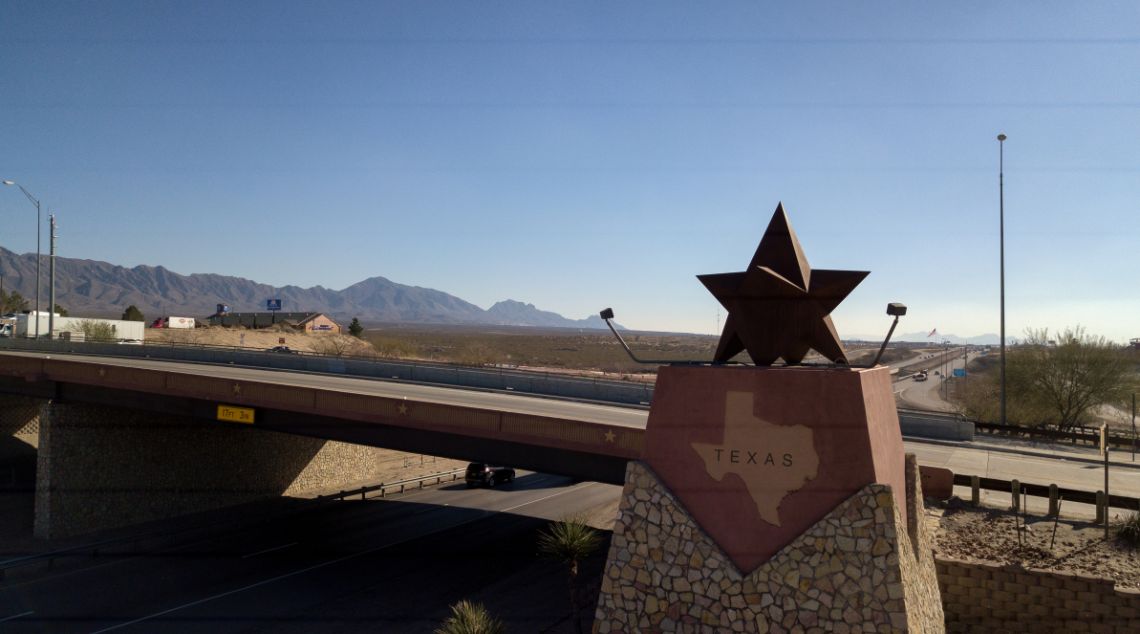On October 12th, 2023, the Texas Senate advanced Senate Bill 11, the first State bill to enforce Immigration policies directly. In this way, it took a bold step towards something that had been the sole purview of Federal authorities until now.
And yet, the political process is never certain. During the special session on November 2nd, 2023, the Senate failed to pass the bill completely. While it may be retaken next year, all signs indicate leaving the matter pending for several months.
About Senate Bill 11
Texas Senate Bill 11 makes any border crossings between Mexico and Texas illegal. In addition, it also empowers state police patrols to enforce this law. Under this law, first-time offenders may be able to reduce their sentence to that of a misdemeanor, followed by deportation. However, repeat offenders could face active jail time.
The bill was initially sponsored by State Senator Brian Birdwell, a Republican from Granbury. He enjoys the support of several of his fellow party members, including Senator Pete Flores from Pleasanton and Lt. Gov. Dan Patrick.
What Makes Senate Bill 11 a Game Changer?
Currently, the sole authority for all immigration laws is the Federal Government. But saddled with long waiting times for asylum hearings and unable to patrol the entire border, D.C. has struggled to deal with the current caravans that routinely arrive.

House Bill 4 will complement SB 11 by expanding the power of State patrols. House Bill 4 enables State officers to carry out deportations, returning anyone detained during a border crossing back to Mexico even if they are not Mexican citizens. It also increases penalties for human smuggling or for anyone involved in operating a “stash house”.
Combined, both bills will firmly put the Texan section of the border back into Texan hands – provided the law sticks.
Will This Truly Work as Intended?
Critics of SB11 currently focus on two key complications the Border Bill could bring.
SB11 would likely be challenged at the courts immediately, as it would infringe on a Federal prerogative. Similar bills in other states have been struck down by the Supreme Court in the past.
Second, while the large number of illegal crossings makes the law urgent, it also makes it logistically complex. State penitentiaries are generally smaller and less staffed than Federal or private ones and would quickly be overrun. With some estimates pointing at 6,000 daily crossings, “can you imagine how fast those little jails would be filled,” said activist Sergio Lira, from the League of Latin American Citizens.
Overcrowded jails and lack of space could, in turn, create a second humanitarian crisis in the state. Many border towns are already overwhelmed with impromptu campsites, creating health and sanitation risks. The danger would quickly multiply in the crowded quarters of a state jail.
What’s Next for Texas SB11?
The Governor of Texas, Greg Abbott, is heavily invested in the immigration crisis. Most of the funds needed to implement SB11 and HB4 are already allocated to the issue, as part of Operation Lone Star. Many of his allies across both houses have called the delays “disappointing.” According to House Speaker Dade Phelan, “The security of the border and the safety of Texans is far too important to be caught up in the Senate’s gears of political machinations.”
Image Source: Canva










